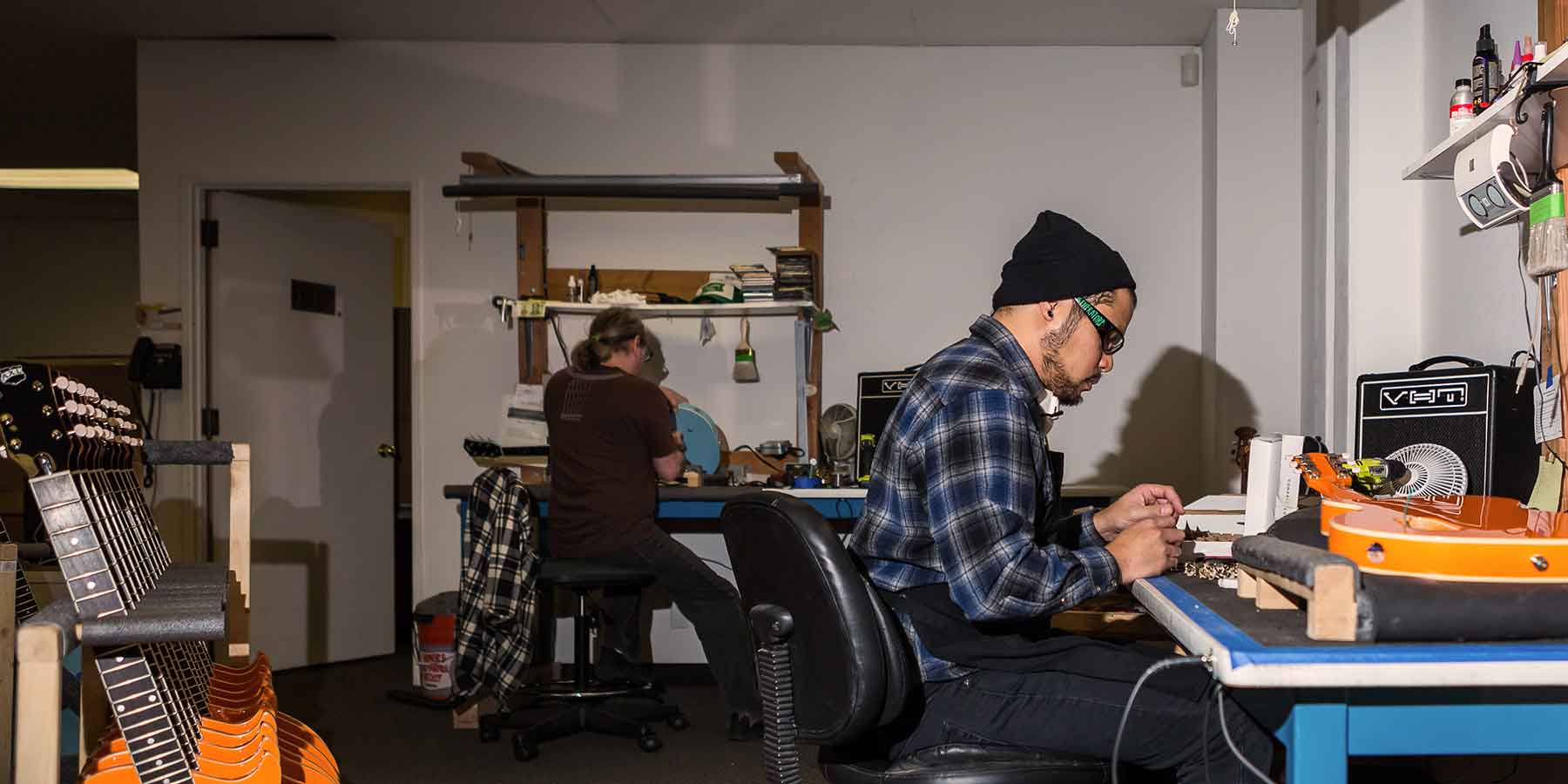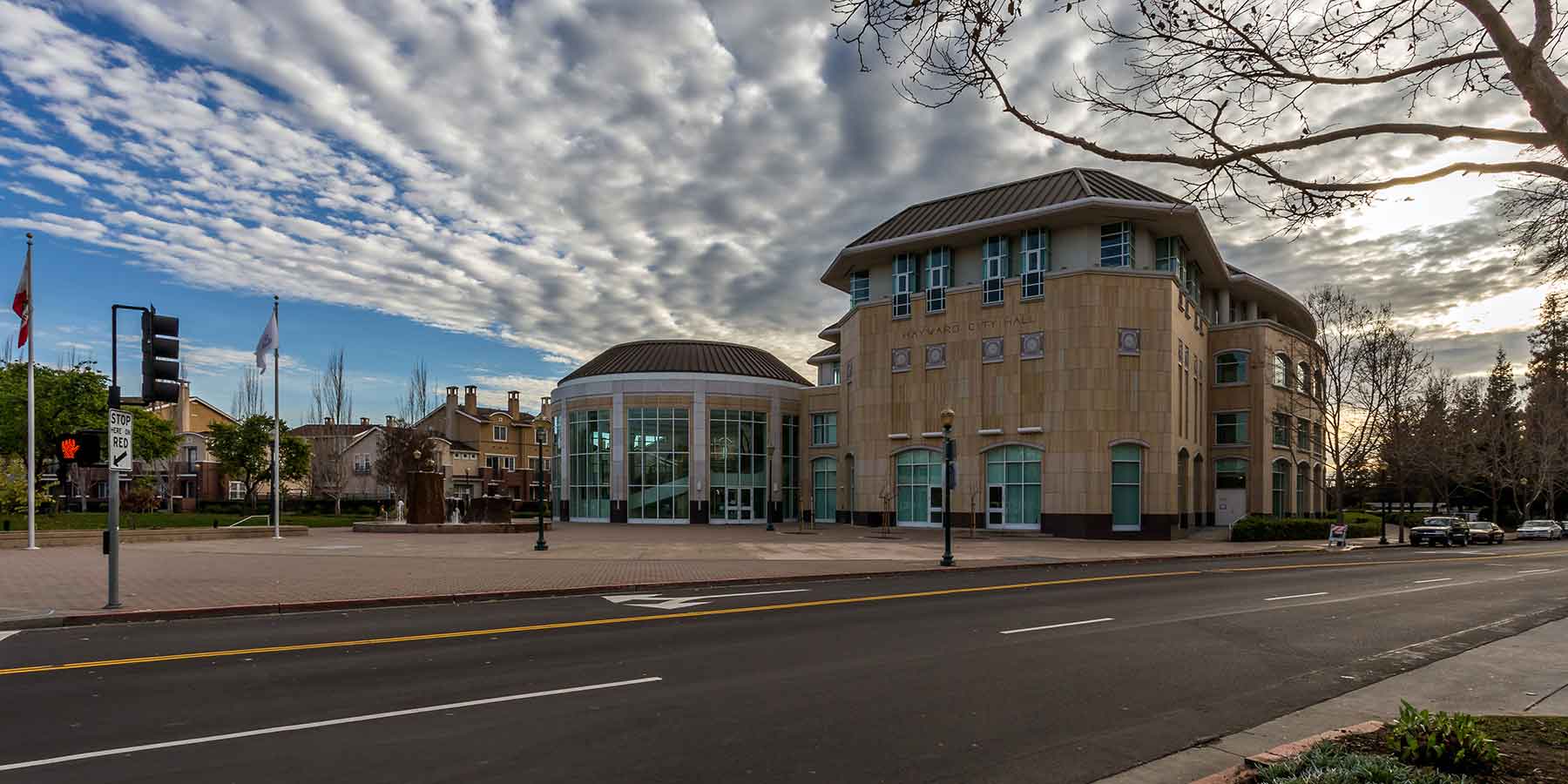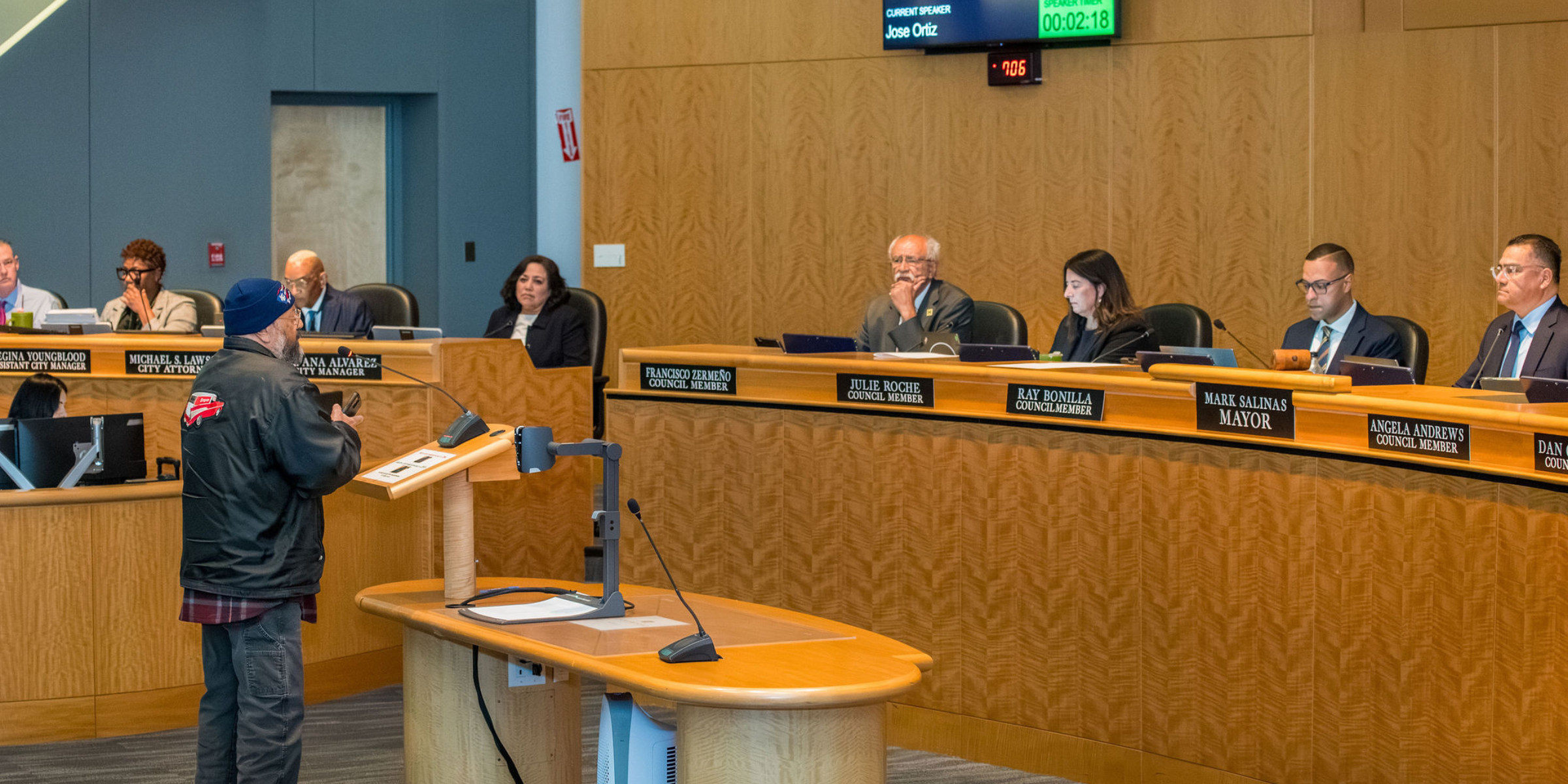picure caption button
In front of the Hayward Gateway Mural at Foothill Blvd and City Center Dr

No matter your mode of travel, you're never far away from where you're going when you're in Hayward. The Bay Area's most central location is also its most connected.
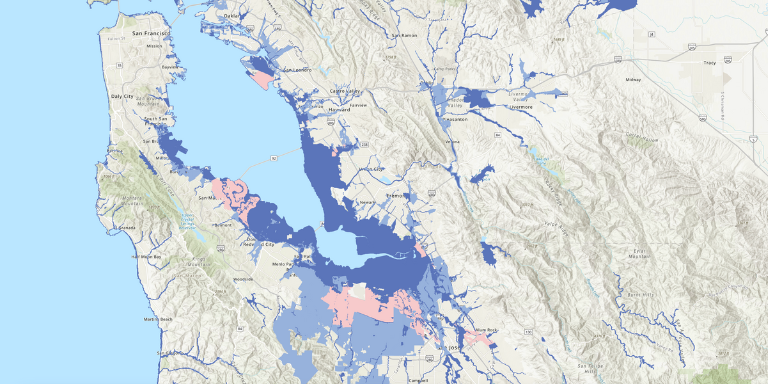
Learn about the potential effects of climate change on your community and what the City of Hayward is doing to address this important environmental issue.
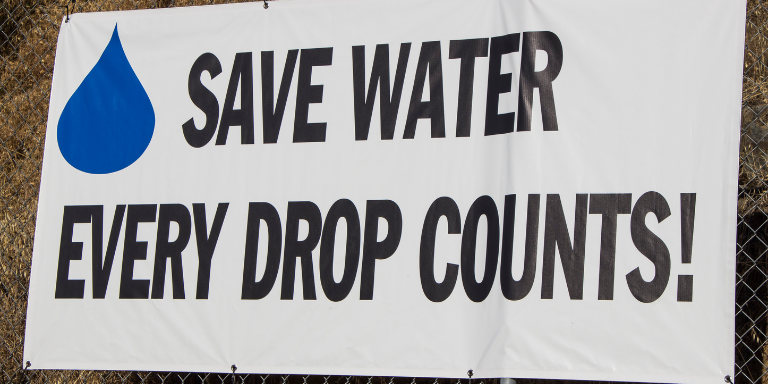
Learn what you can do cut back on water use and potentially save a few dollars along the way.
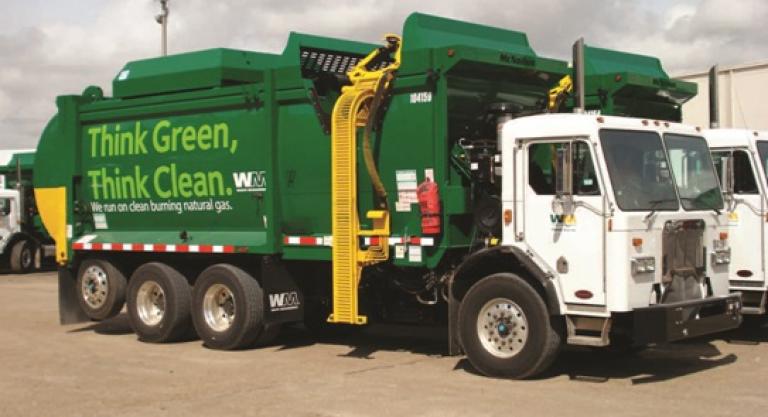
Learn what happens to your trash, recycling, and compost after it's hauled away by the garbage truck.

Earth Day is an opportunity to reflect on our community’s commitment to sustainability and responsible stewardship of the environment. Each year, the City hosts activities dedicated to celebrating Earth Day and its environmental principles: the Poster and Writing Contest and the Annual Citywide Clean-Up.

From the hills to the shoreline, Hayward's environmental health depends on all of us. Join us during a monthly clean up and help keep Hayward clean & green.

Hayward Public Library’s Seed Lending Library operates as a community seed exchange in which borrowers are able to “check out” a wide variety of vegetable and flower seeds to plant in their gardens for home use.

Want to learn more about the City of Hayward's sustainability goals and activities? Council Sustainability Committee meetings are open to the public and are a great way to learn about current City initiatives and projects.

Introducing The Leaflet, City of Hayward's official environmental newsletter! Formally known as "Your Hayward Environment - Community News', the newsletter has been re-imagined and re-branded in order to bring you the environmental news that is important to you.




